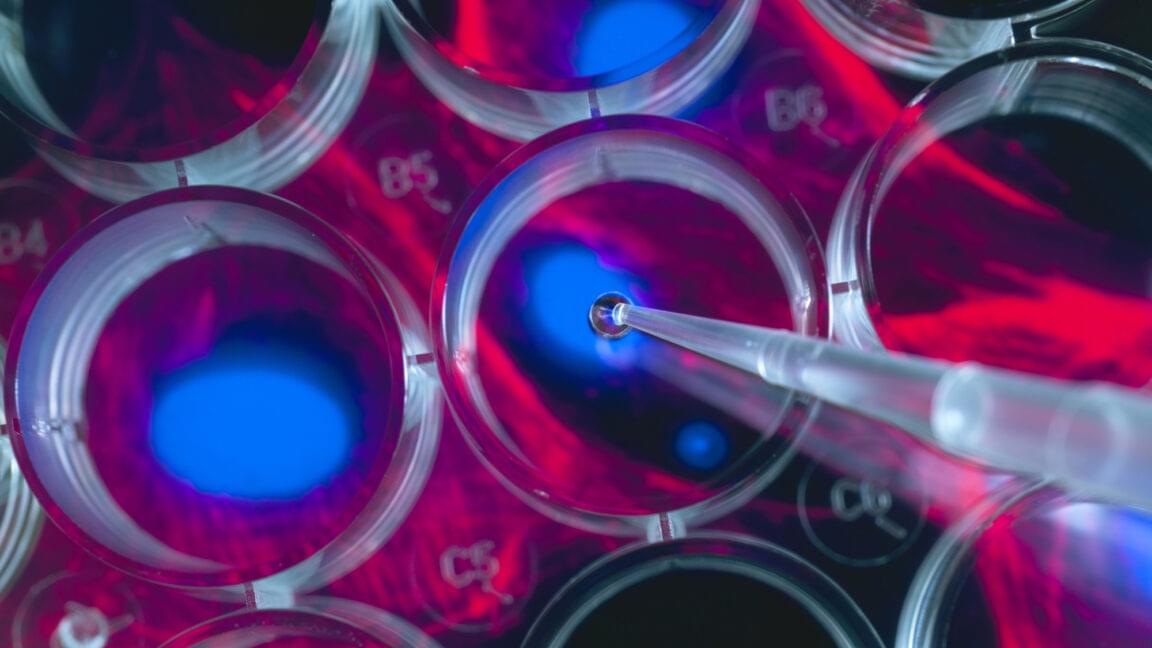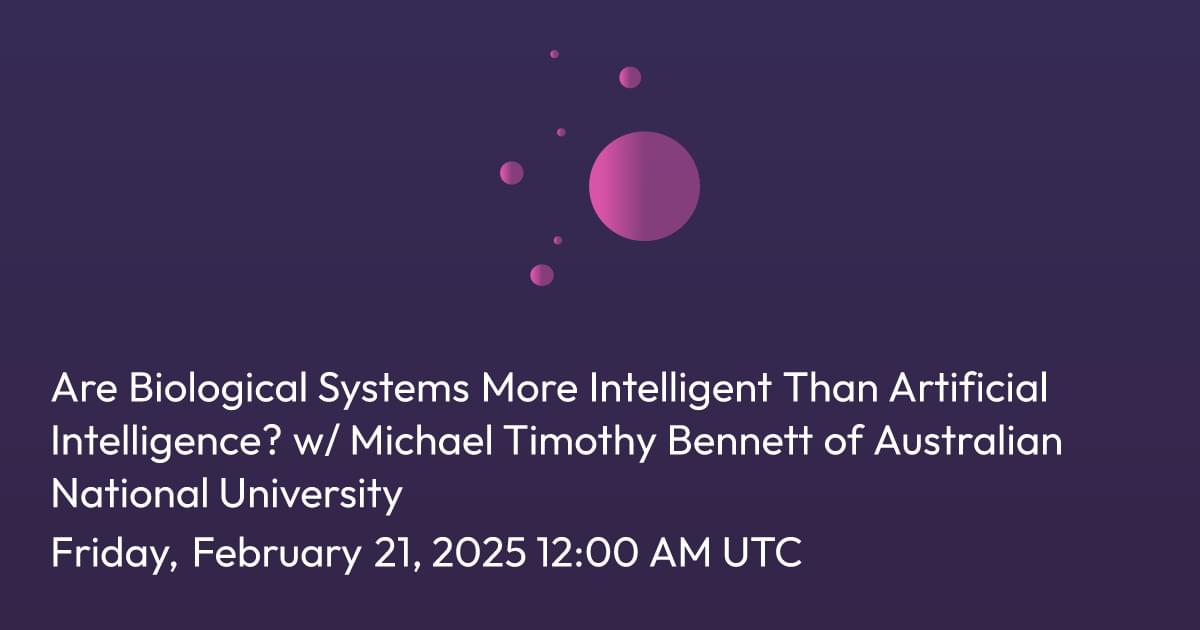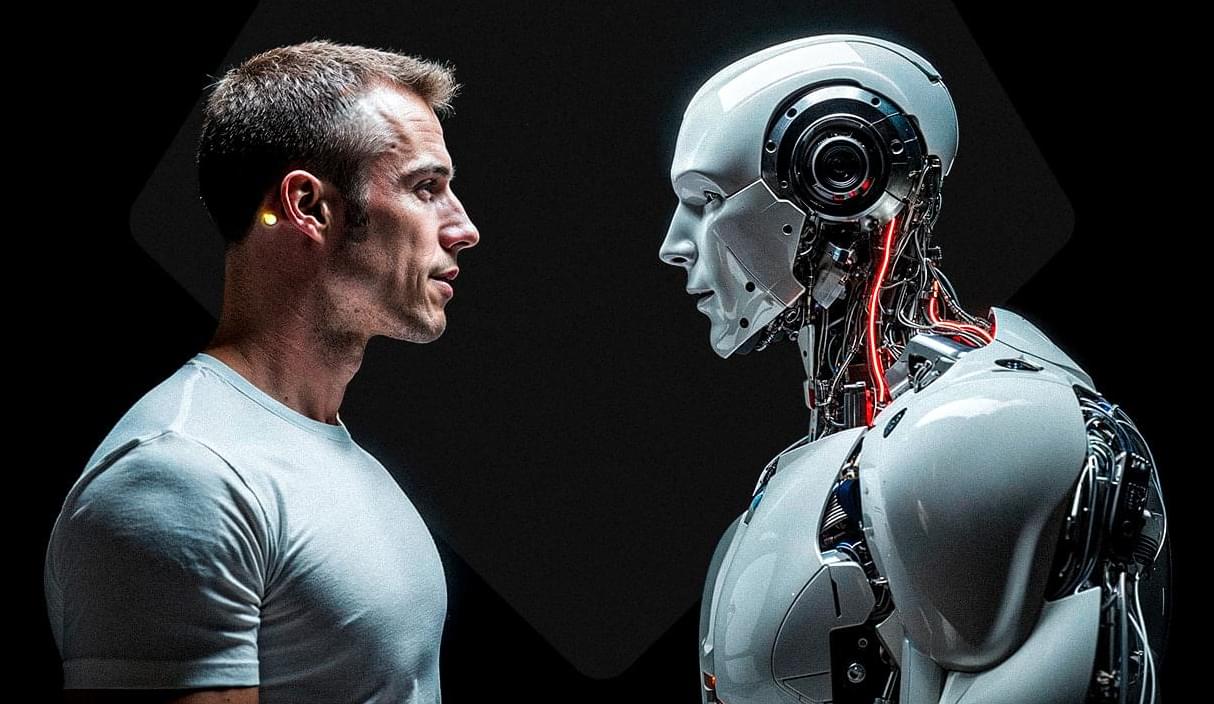In today’s AI news, Codeium, an AI-powered coding startup, is raising a new round of funding at a $2.85 billion valuation. The round is being led by returning investor Kleiner Perkins, the people said. The new round comes just six months after Silicon Valley-based Codeium announced that it had closed a $150 million Series C at a $1.25 billion post-money valuation.
In other advancements, a couple of weeks after the initial release of Mistral’s AI assistant, Le Chat, the company told Le Parisien that it has reached one million downloads. “Go and download Le Chat, which is made by Mistral, rather than ChatGPT by OpenAI — or something else,” French president Emmanuel Macron said in a TV interview ahead of the recent AI Action Summit in Paris.
And, Google is launching a new experiment that uses AI to help people explore more career possibilities. The company announced in a blog post on Wednesday that a new “Career Dreamer” tool can find patterns between your experiences, educational background, skills, and interests to connect you with careers that might be a good fit.
Meanwhile, Forbes’ Lance Eliot analyzes a popular mantra right now. The recent AI-industry groupthink that says we merely need to increase the so-called “thinking time” of generative AI and LLMs to get better responses. AI makers are allowing users to stipulate that the AI can expend more time and effort doing various processing before displaying a generated answer.
In videos, Microsoft’s Satya Nadella sits down with Dwarkesh Patel to talk about their new Majorana Quantum chip breakthrough, plans for artificial general intelligence, topological qubits, gaming world models, and whether Microsoft Office commoditizes LLMs, or the other way around.
Then, dive into the world of Model Context Protocol and learn how to seamlessly connect AI agents to databases, APIs, and more. IBM’s Roy Derks breaks down its components, from hosts to servers, and showcases real-world applications. Gain the knowledge to revolutionize your AI projects.


